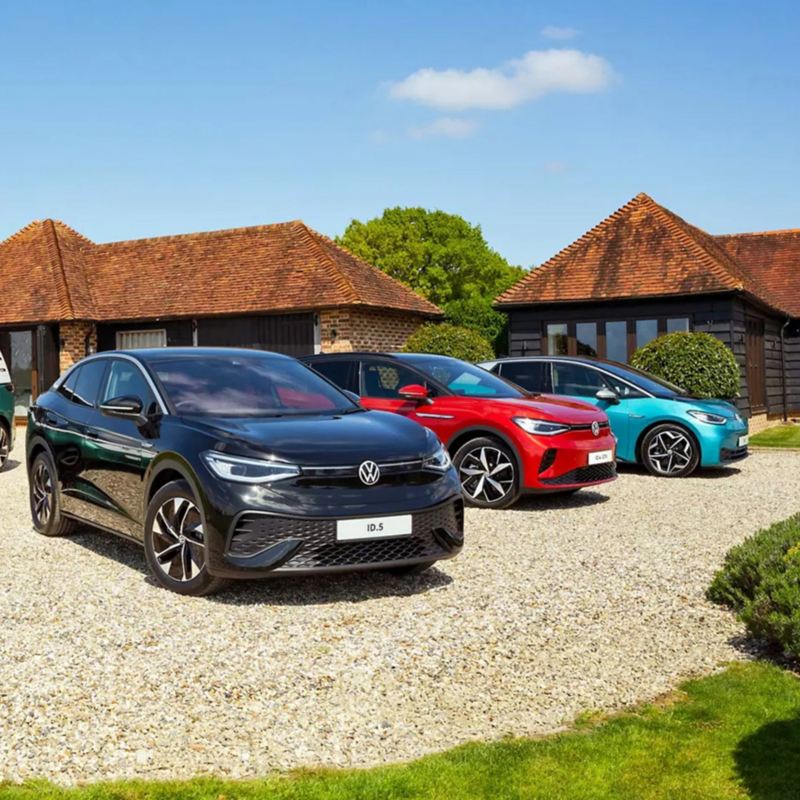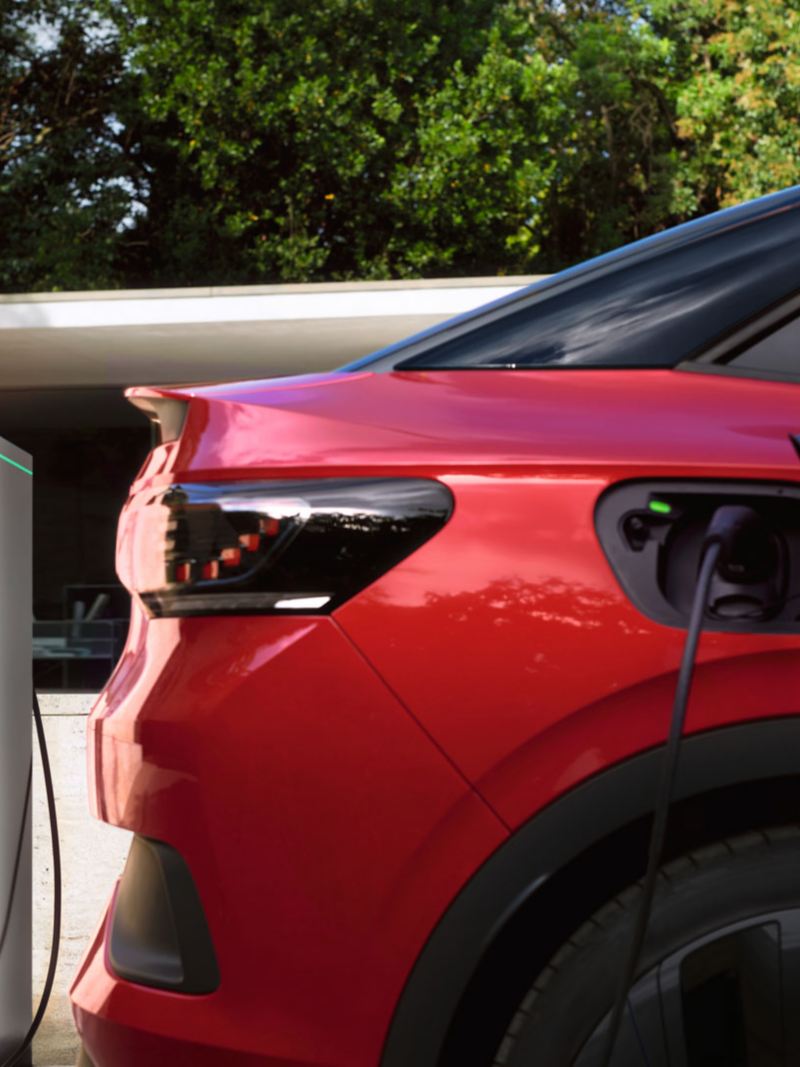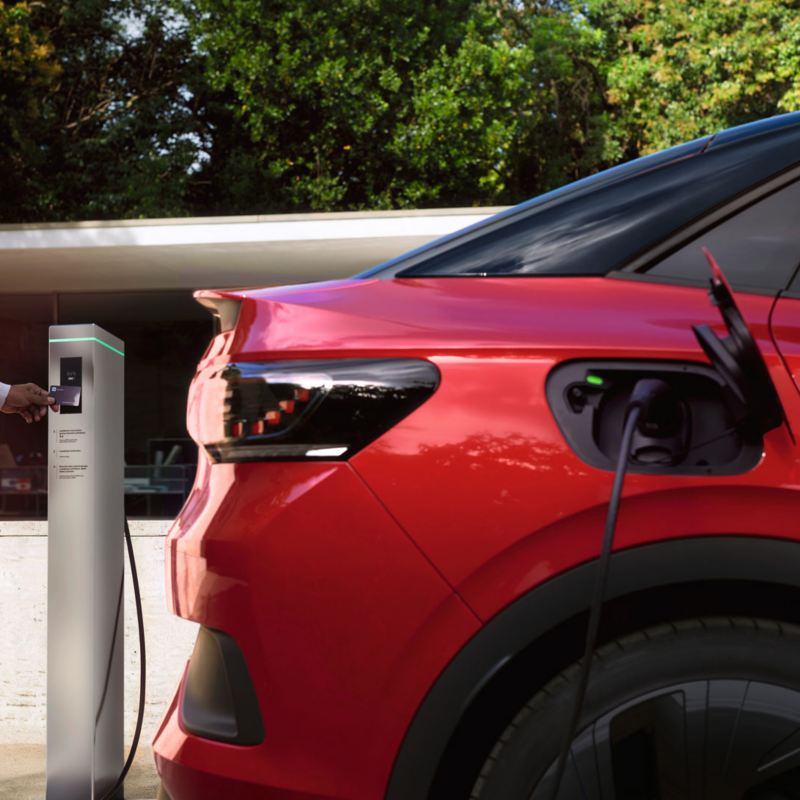Cost comparison: is an electric car more expensive than a petrol one?
If you think electric cars are too expensive and therefore not a good investment, you could be wrong. A cost comparison of electric cars and vehicles with combustion engines can ofter shows how attractive, practical and, affordable e-mobility can be: switching can be a worthwhile investment, not just for the environment, but also for your wallet.
Find out more about the cost of e-mobility here:
- Even today, electric cars can be cheaper to buy than combustion engine models.
- Road tax keeps increasing if your car has a combustion engine, whereas drivers of electric cars get tax relief.
- All in all, falling purchase prices and more efficient production are making electric cars more affordable.

Electric car vs. combustion engine: fuel and electricity costs
Electricity is generally cheaper than petrol or diesel. Drivers who mostly charge their electric car at home, in particular, can save on their running costs. Also, many electricity suppliers offer special EV energy tariffs.
When charging electric cars, on the other hand, the cost depends on the place, charging capacity and electricity tariff. While tariff and payment models at public charging points often differ, by installing a wallbox at your home, you can bring down your charging costs using your own electricity contract. The exact amount will depend on your contract with your
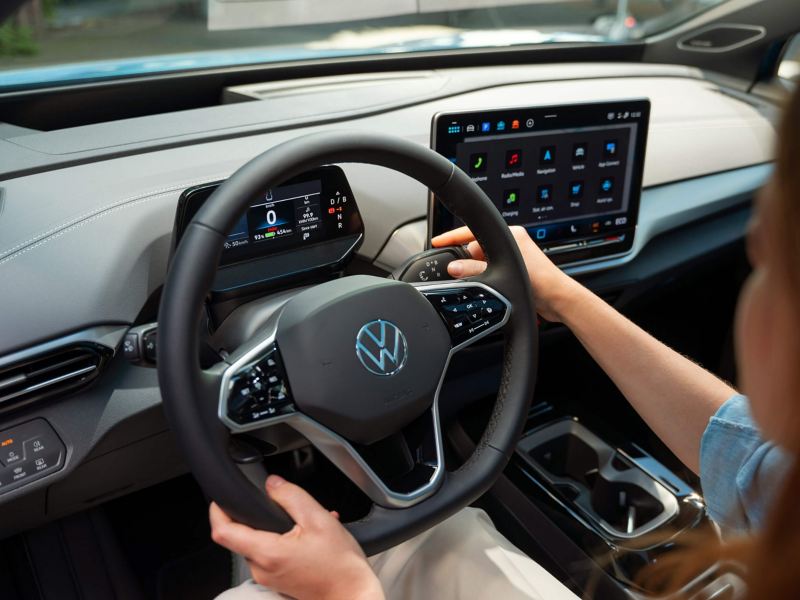
Electric car vs. combustion engine: road tax
Since the German government, in its Climate Action Programme, decided to base road tax more on CO2 emissions and exempt drivers of electric cars (that are first registered up until 2025) from road tax until 20303, they have enjoyed tax advantages, too. Alternative fuel cars with up to 100g/km CO2 are currently £0 VED Tax for both first year and standard rates. Correct as of 1st April 2023. By contrast, the rising carbon levy is hitting drivers of petrol and diesel cars increasingly hard.
Electric car vs. combustion engine: car insurance
Insurance for electric vehicles and combustion engine vehicles is similar. So whether a car is powered by electricity, diesel or petrol, does not affect the calculation of the sum insured. Rather, the insurance premium is based on the type of car, where it is registered, its annual mileage, no claims discount, and other factors. Therefore, the cost of electric car insurance can certainly compete with insurance for petrol or diesel vehicles. With electric cars, it makes sense to take out fully comprehensive insurance, as this also covers the battery as part of the vehicle. Then, depending on your vehicle insurer and tariff, you can insure your battery against theft, rodent damage and accidents.
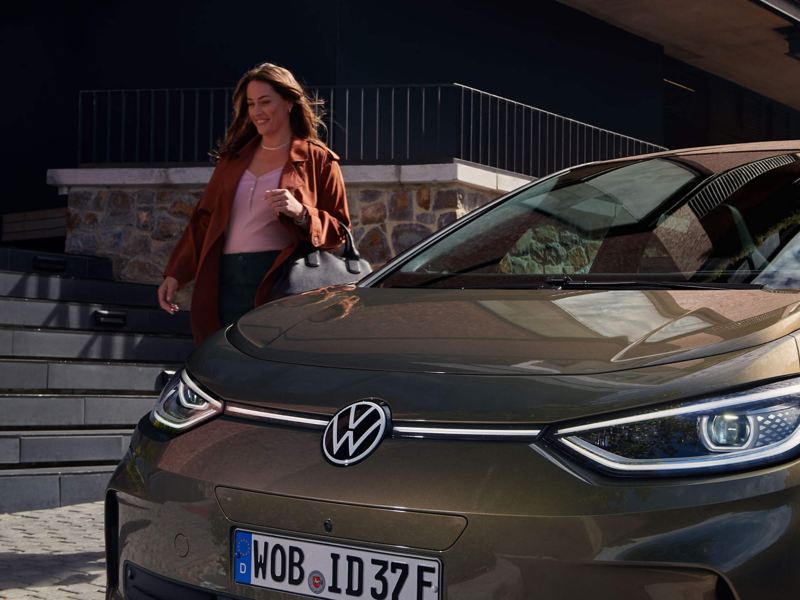
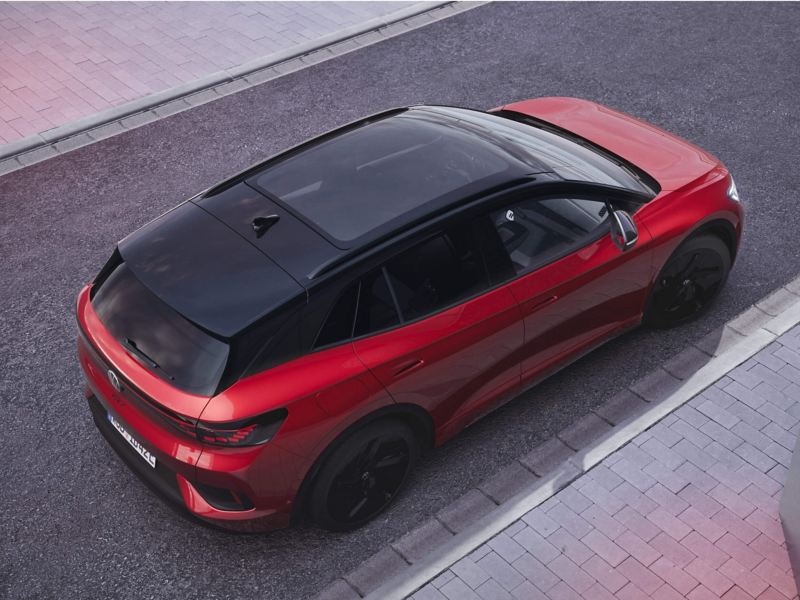
Electric car vs. combustion engine: maintenance
In terms of maintenance, electric cars can also be simpler than petrol and diesel vehicles. After all, many service jobs, such as oil changes, are superfluous. Unlike petrol and diesel cars, EVs have fewer components and wearing parts on board.
Electric car vs. combustion engine: conclusion
The overall costs of electric vehicles have dropped considerably in recent years. This positive trend is due to falling purchase prices, more efficient production and government incentives, among other things. Taking all of these factors into consideration, EVs have nothing to fear from cost comparisons with petrol and diesel cars of a similar size today – and this will be even more the case in future. This was also the conclusion of a study by the 'Agora Verkehrswende' transport consultancy. What is more, progress on all aspects of electric mobility is advancing rapidly
